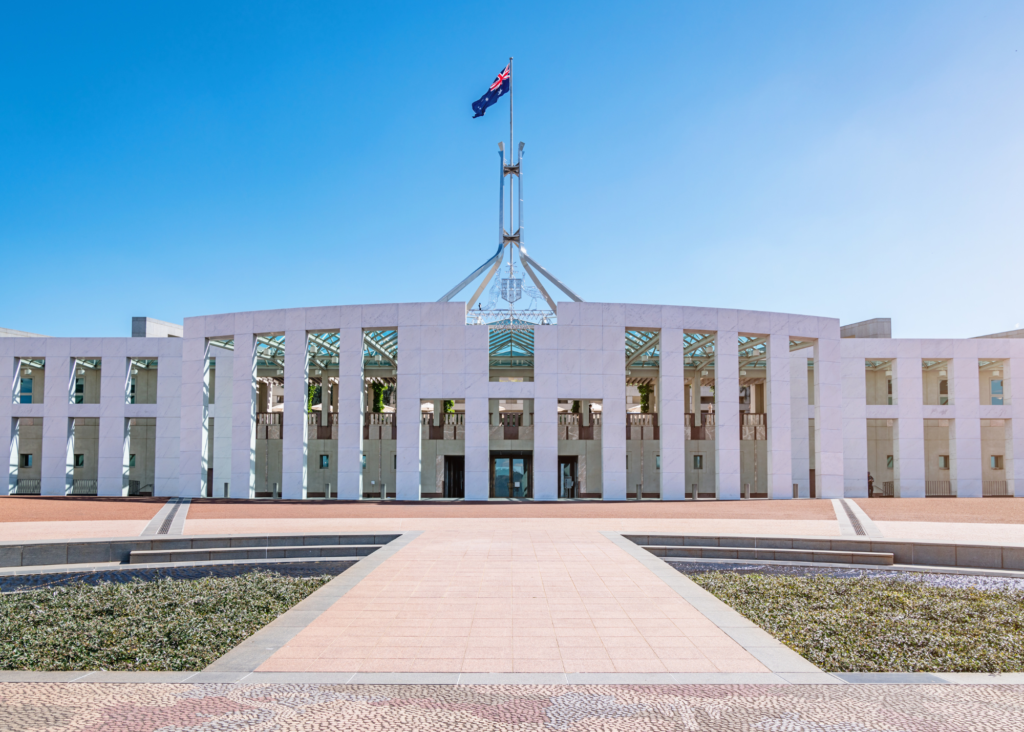During his address on the 2024 Federal Budget, Treasurer Jim Chalmers emphasized, “The number one priority of this government and this Budget is helping Australians with the cost of living”. But what precisely does this mean? Let’s look into the details of the proposed measures in the 2024 Budget.
An average tax cut of $1,888 in 2024-25
The budget proposes significant tax relief for ALL Australian taxpayers to alleviate cost-of-living pressures, including reduced tax rates, adjustments to the income thresholds, and increased low-income thresholds for the Medicare levy.
This measure aims to boost disposable income and encourage economic activity by allowing Australians to retain more of their earnings.
$300 back in the pocket for ALL Australian Households
To combat rising energy costs, the government has allocated $3.5 billion for a one-time $300 energy bill rebate for all Australian households, designed to directly reduce headline inflation by about 0.5 percentage points in 2024-25 without adding to broader inflationary pressures.
This initiative also extends to one million small businesses, receiving a $325 rebate.
Superannuation contributions on paid parental leave
The 2024 budget integrates enhancements to parental leave and childcare into comprehensive support for families. It includes a $1.1 billion investment to extend superannuation contributions to government-funded Paid Parental Leave, improving financial security for new parents.
Additionally, the budget boosts childcare support, aiming to make childcare more affordable through increased subsidies, reducing the financial burden on families, and supporting parents’ return to work.
These measures are part of a broader effort to provide more robust support for families and promote gender equality.
$3 billion in student debt… wiped
In an effort to alleviate the burden of education costs, the budget proposes a change to the way the government calculates HELP debt indexation, erasing $3 billion in student debt for over 3 million Australians.
An investment in education for Australians
The budget commits to reforming tertiary education and increasing vocational training funding, aligning skills training with market needs.
Specifically, it allocates $88.8 million to provide 20,000 new fee-free TAFE places, including pre-apprenticeship programs relevant to the construction industry.
Additionally, the government is introducing Commonwealth Prac Payments to support students undertaking mandatory placements. The payment, which is worth $319.50 per week, will be offered to more than 73,000 eligible students, including those in fields like nursing and social work.
This investment is part of a broader effort to align skills training with labour market demands and support sectors critical to economic growth.
Supporting small businesses
To aid small businesses, the 2024 budget extends the $20,000 instant asset write-off for an additional year, enabling continued investment in necessary business equipment. This extension is designed to enhance the cash flow of small enterprises and encourage further economic activity among local businesses.
Additionally, the budget includes investments to support small business owners’ mental and financial well-being, recognising the unique challenges they face and bolstering the resources available for sustainable operation.
Access to affordable medicines
The budget allocates up to $3 billion to reduce the maximum PBS co-payments. This includes a one-year freeze on the maximum patient co-payment for everyone with a Medicare card and a five-year freeze for pensioners and other concession cardholders, ensuring that no pensioner or concession cardholder will pay more than $7.70 for PBS-listed medications until 2030.
… And an increase to health funding
The budget allocates $888.1 million to expand mental health services. This includes funding for new and existing programs that provide critical support for individuals facing mental health challenges.
An additional $2.2 billion is directed towards improving the aged care system, and investments are made in strengthening Medicare with a focus on urgent care clinics, reducing hospital admissions, and supporting regional and remote health services.
This expansion aims to provide wider access to necessary health services, significantly improving health outcomes and making healthcare more affordable and accessible to more Australians.
A 10% increase to Commonwealth Rent Assistance
In response to the housing affordability crisis, the budget increases Commonwealth Rent Assistance by 10%, benefiting nearly 1 million households. This follows a 15% increase from the previous year, marking a substantial boost to aid renters, especially given the rising rental market costs.
Housing affordability
The government is investing $6.2 billion in new housing initiatives to tackle affordability and accessibility.
This funding supports the construction of more homes, including affordable and social housing options, addressing critical housing shortages and supporting community infrastructure development. The 2024-25 Federal Budget is strategically focused on alleviating financial pressure through targeted support measures. By understanding and applying these benefits, Australian households can better navigate the challenges of rising living costs.
For tailored advice on how to adjust your financial plan in light of the new budget measures, consider consulting with a financial adviser or accountant. They can help you understand the specific impacts on your finances and strategise accordingly.
The information contained in this article is general information only. It is not intended to be a recommendation, offer, advice or invitation to purchase, sell or otherwise deal in securities or other investments. Before making any decision in respect to a financial product, you should seek advice from an appropriately qualified professional. We believe that the information contained in this document is accurate. However, we are not specifically licensed to provide tax or legal advice and any information that may relate to you should be confirmed with your tax or legal adviser.

